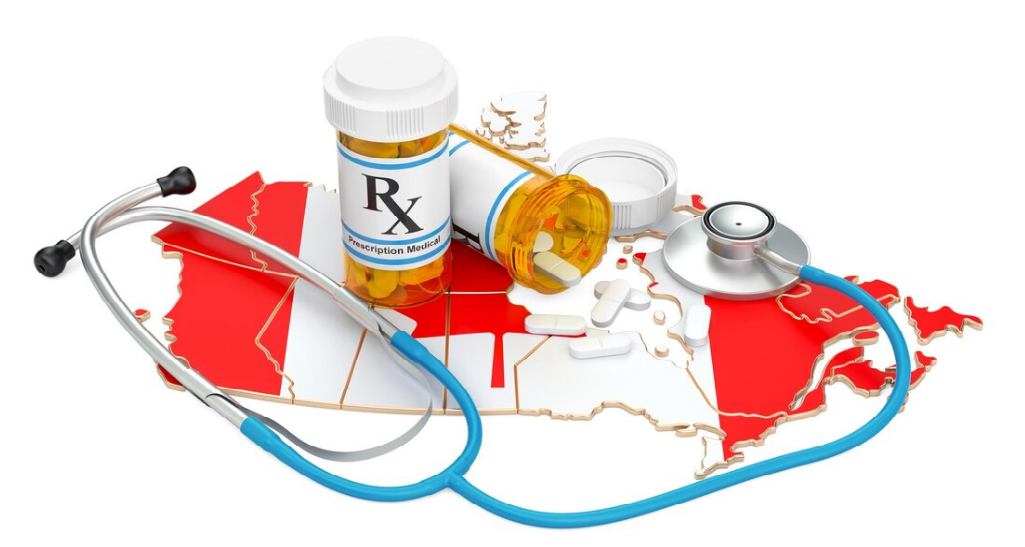The recent approval by the Food and Drug Administration (FDA) for Florida’s medication import plan from Canada marks a groundbreaking step in addressing the exorbitant prices of certain drugs in the United States. This initiative is the first of its kind in the nation and aims to offer relief to patients who struggle with the high costs of prescription medications.
Studies have consistently highlighted the significant disparity in drug prices between the United States and other developed countries like Canada. The Government Accountability Office revealed that prices for many commonly prescribed brand-name drugs are nearly three times higher in the U.S. compared to Canada.
Factors such as insurance coverage and the availability of generic alternatives influence the out-of-pocket expenses for patients. While generic drugs are more economical and make up a substantial portion of prescribed medications, brand-name drugs, protected by patents, remain expensive. Canada’s system of negotiating maximum drug prices with pharmaceutical companies contributes to lower medication costs, a practice the U.S. has yet to adopt fully.
The current U.S. drug pricing system is fragmented, with each insurer negotiating drug plans independently with pharmaceutical companies. This disjointed approach often results in varying out-of-pocket expenses for patients and benefits pharmacy benefit managers (PBMs) who earn fees based on drug costs.
Despite higher drug costs before insurance, Americans still bear significant out-of-pocket expenses compared to citizens of other nations. Florida’s innovative importation program targets chronic illnesses like HIV/AIDS, psychiatric disorders, and prostate cancer, potentially saving the state millions annually. However, the program’s scope is limited to Florida residents under specific healthcare coverage, and Canadian export restrictions aimed at averting drug shortages may affect its effectiveness.
For those outside Florida, purchasing prescription drugs from online Canadian pharmacies remains an option, albeit one with legal limitations set by the FDA. Despite regulations, a considerable number of Americans resort to importing medications personally, especially for common conditions like hypertension, diabetes, and respiratory ailments.
Patient assistance programs offer relief for expensive medications, yet stringent income requirements often exclude many individuals who remain underinsured.
Public health advocates emphasize the need to expand importation initiatives nationwide to alleviate the burden of high drug prices. While regulatory disparities exist, collaboration with countries like the European Union (EU) presents opportunities for streamlined importation processes given the international manufacturing of active drug ingredients.
Efforts to address the soaring cost of prescription drugs in the United States must encompass comprehensive measures that promote affordability and accessibility for all patients.

